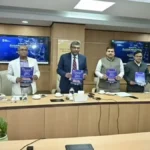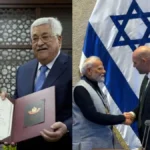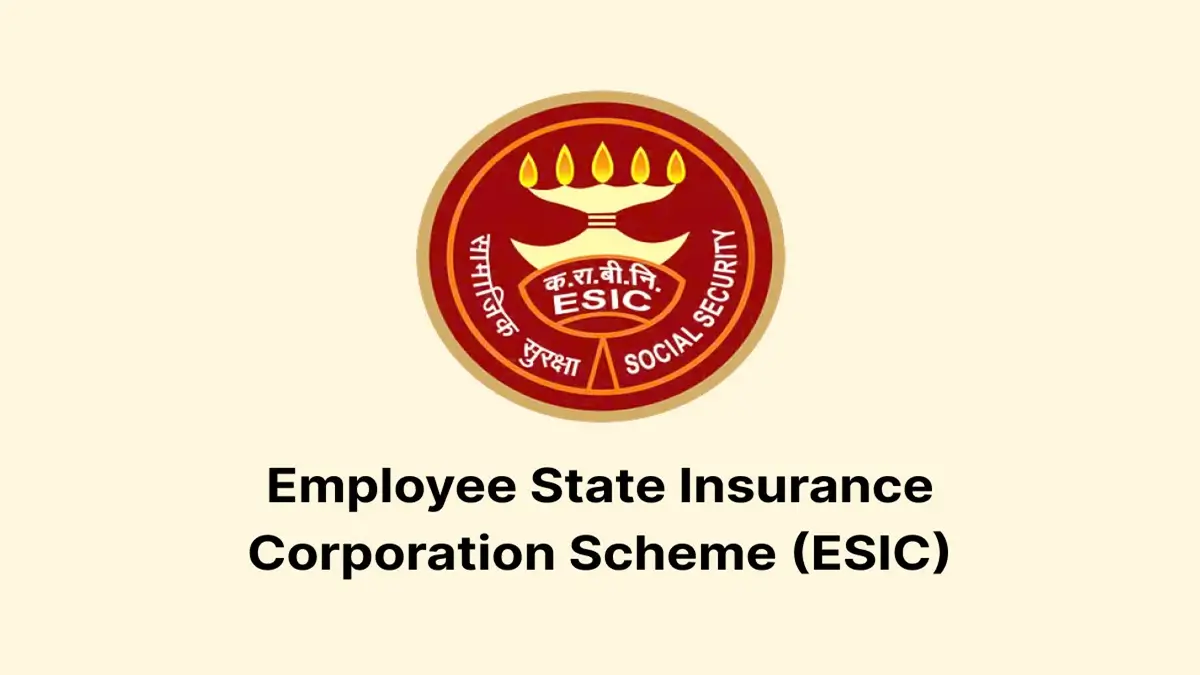“Significance of Deepawali: Unveiling the Traditions and Facts”
Deepawali, commonly known as Diwali, is a festival celebrated with great enthusiasm and fervor across India. This festival holds immense cultural and religious significance, making it an integral part of the country’s diverse heritage. As aspirants prepare for various government exams, understanding the importance of festivals like Deepawali becomes crucial, as they often find a place in the cultural awareness section. In this article, we will delve into the various aspects of why Deepawali is celebrated and explore the traditions associated with it.

Why this News is Important:
Deepawali’s Cultural and Religious Significance: Deepawali, also known as the Festival of Lights, holds profound cultural and religious importance in Hinduism. It marks the victory of light over darkness, symbolizing the triumph of good over evil. This aspect of the festival resonates deeply with candidates preparing for civil service exams, as it reflects the core values that are often assessed in the examination process.
Historical Context:
The Ancient Roots of Deepawali:
Deepawali finds its roots in ancient Hindu scriptures, with references in the Ramayana and other religious texts. The festival commemorates Lord Rama’s return to Ayodhya after defeating the demon king Ravana, emphasizing the victory of righteousness. Understanding this historical context becomes essential for aspirants aiming for government positions that require cultural awareness.
Key Takeaways from “Significance of Deepawali”:
| Serial Number | Key Takeaway |
|---|---|
| 1 | Deepawali signifies the triumph of good over evil. |
| 2 | The festival has its roots in ancient Hindu texts. |
| 3 | Diwali celebrations include rituals and traditions. |
| 4 | Cultural awareness is integral for government exams. |
| 5 | Understanding historical contexts aids preparation. |
Important FAQs for Students from this News
Q1: What is the historical significance of Deepawali?
A1: Deepawali has its roots in the ancient Hindu scriptures, notably the Ramayana, marking the return of Lord Rama to Ayodhya after defeating Ravana.
Q2: How is Deepawali celebrated across India?
A2: Diwali celebrations include lighting oil lamps, decorating homes, exchanging gifts, and indulging in festive sweets.
Q3: Why is understanding Deepawali essential for government exams?
A3: Deepawali embodies values like the triumph of good over evil, which are often tested in civil service exams.
Q4: Are there regional variations in Diwali celebrations?
A4: Yes, Diwali is celebrated with regional variations, reflecting the diversity of traditions and customs across India.
Q5: How can knowledge of cultural festivals aid exam preparation?
A5: Understanding cultural festivals like Deepawali enhances candidates’ cultural awareness, a crucial aspect of various government exams.
Some Important Current Affairs Links

















